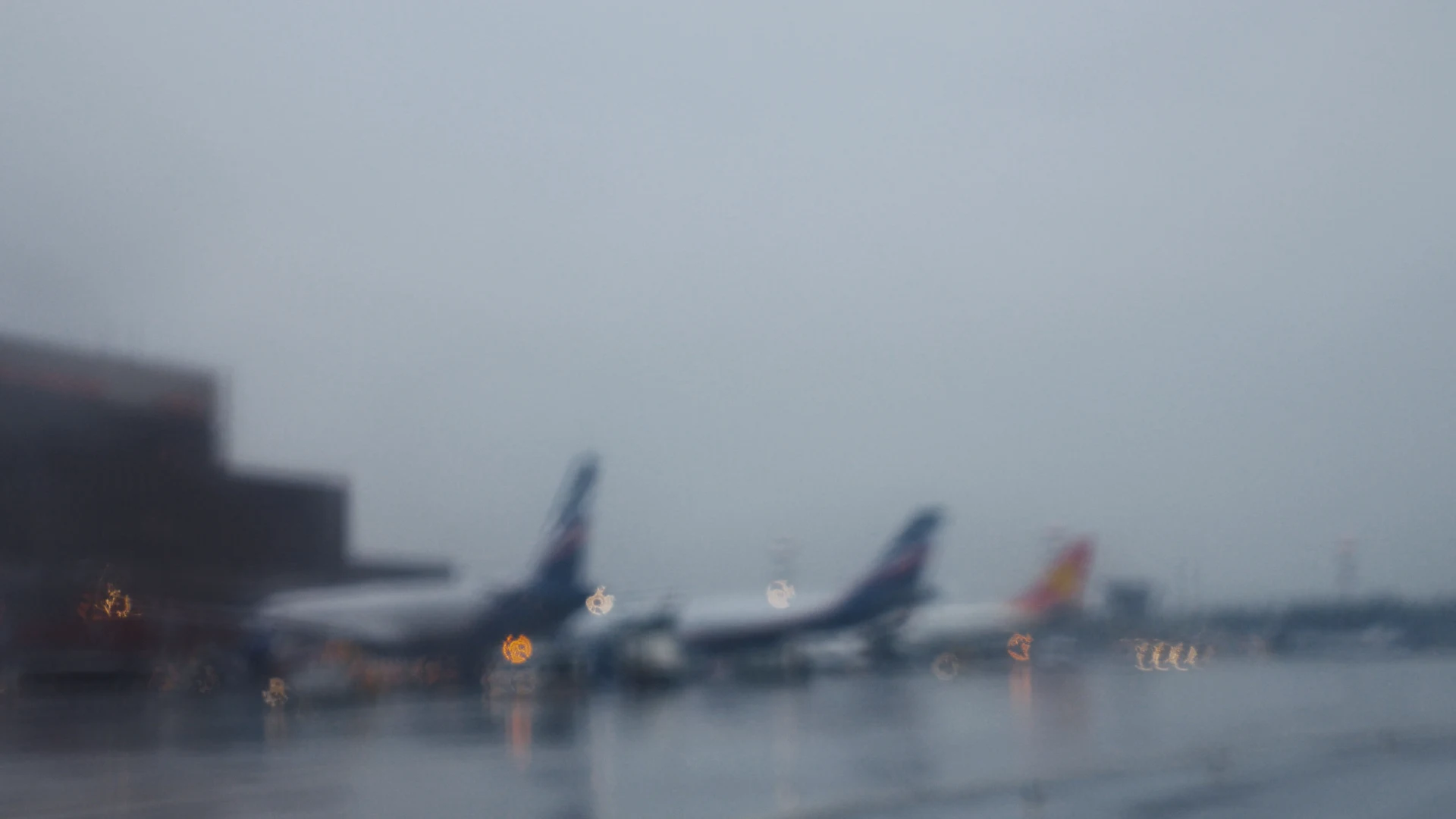
Sakeliga launches Court Case to reverse BEE in International Air Services
Challenging unlawful BEE requirements on international air service licenses.
Sakeliga has filed litigation to prevent BEE from restricting and driving away international air service providers.
Our legal challenge to South Africa’s International Air Services Council (IASC) stems from its imposition of race-restrictive licensing conditions on international air services operators. The IASC is a local statutory body established to regulate cross-border international air services.
As a chokepoint for international air services in the country, the IASC’s BEE demands have serious consequences. International air service operators have so far attempted to discreetly resist the IASC’s demands, but the matter is discouraging international passenger airlines, cargo providers, and other cross-border air operators from expanding or maintaining air services to the country.
If not reversed, it would seriously limit the availability of international air services in South Africa, reducing choice and raising costs.
According to the International Air Services Act, the council must focus strictly on operational capacity, safety standards, and accountable local ownership and control requirements.
It has no power, either in local or international law, or under South Africa’s international aviation agreements, to require BEE or other transformationist commitments.
However, in late 2023, it came to Sakeliga’s attention that BEE was becoming an IASC requirement. We submitted extensive requests for further information to the IASC and the Minister of Transport (who appoints IASC council members) under the Promotion of Access to Information Act.
Eventually, in May 2025, Sakeliga obtained council minutes confirming that the IASC has been obstructing and threatening to deny licences for international air services by arbitrarily demanding B-BBEE credentials and transformation undertakings.
Economic and diplomatic consequences
Demanding that major international airlines demonstrate BEE credentials or transformationist commitments is not only unlawful but absurd.
Foreign carriers operating international routes to and from South Africa have no obligation or ability to restructure their global operations to meet South African racial demographics. By introducing considerations that have nothing to do with operational standards, safety, or service quality, the IASC is undermining commercial freedom and threatening the viability of inbound and outbound international air services.
Brewing in the background, the controversy has for at least two years been adding to diplomatic tension at a time of increasing disillusionment with the South African government’s escalating race-restrictive ownership and employment policies.
Should the IASC and other respondents, such as the Minister of Transport, choose to oppose Sakeliga’s application, it would demonstrate the government’s escalating commitment to making BEE compulsory for all economic activity.
Legal challenge and previous success
Sakeliga's legal challenge seeks to review and set aside the IASC's decisions to deny or condition licences based on BEE criteria, and to declare the council’s conduct in imposing BEE requirements unlawful, unconstitutional, and beyond its statutory powers. This case comes shortly after Sakeliga’s important court victory in August against the same requirements for local air service providers.
In Sakeliga’s case against the Air Services Licensing Council (ASLC), the court ordered the local regulator to cease applying the Broad-Based Black Economic Empowerment Act and race-based requirements in its licensing decisions.
Sakeliga now seeks to restore commercial freedom for international air service providers and customers in the same way it did with local air service licensing.
Another example of 3rd Wave BEE
The IASC's conduct represents an example of 3rd Wave BEE.
Under 3rd Wave BEE, state entities unlawfully weaponise licensing processes to expand the reach of race-restrictive policies into private business. Whereas earlier forms of BEE applied primarily to businesses seeking to contract with the state, regulators have in recent years begun attempting to make BEE a licensing condition for all business activity.
Our latest litigation seeks to protect not only current and prospective international air services operators, but all businesses that depend on reliable, safe, and competitive international aviation services, free from irrational race restrictions.

